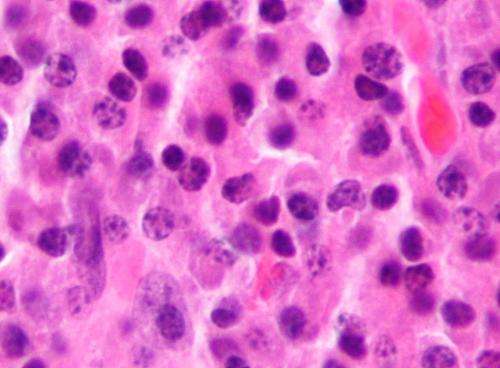Affordable Trial Programs Effectively Prevent Youth Substance Abuse

Community-based, affordable intervention programs have proven effective in reducing substance misuse among high school students, addressing a critical need in youth health prevention efforts.
Recent research highlights the success of accessible and cost-effective intervention programs in reducing substance misuse among young people. Despite a noted decline in overdose deaths in the United States in 2024, the total number of fatalities remained alarmingly high, with nearly 90,000 deaths recorded between October 2023 and September 2024. Particularly vulnerable populations, such as American Indian and Alaska Native communities, continue to face elevated risks.
Understanding the importance of early prevention, scientists emphasize that initiating substance use during adolescence significantly increases the likelihood of long-term addiction issues. As such, early intervention is crucial.
In a collaborative effort, researchers from Emory University's Rollins School of Public Health partnered with Cherokee Nation Behavioral Health to develop community-specific prevention strategies. They crafted two programs: Connect Kits for Family Action, which supplies activity kits to families with teenagers to foster stronger relationships, and Connect Brief Intervention, utilizing technology to provide personalized coaching directly to high school students.
These initiatives were tested in a three-year randomized trial involving ten high schools participating in Cherokee Nation, with an additional ten serving as controls. The study, published in the American Journal of Public Health, found that students exposed to the programs reported substantially lower substance use levels.
Specifically, students in the intervention schools showed 18% reductions in alcohol consumption, 26% fewer binge drinking episodes, 11% less cannabis use, and a remarkable 40% decrease in prescription opioid misuse. The trial involved biannual surveys, enabling researchers to monitor changes over time.
Kelli Komro, Ph.D., a lead researcher, emphasized that adolescent substance use poses serious health and academic risks. She highlighted that these prevention programs have demonstrated tangible success and can be adapted to other communities. Juli Skinner of Cherokee Nation also underscored the significance of youth-focused efforts, stressing that such programs are vital investments in the future of their people.
This study underscores the potential of affordable, community-tailored interventions to mitigate youth substance misuse, offering a promising approach to curb the ongoing epidemic and promote healthier futures for young populations.
Source: https://medicalxpress.com/news/2025-08-trial-youth-substance-misuse.html
Stay Updated with Mia's Feed
Get the latest health & wellness insights delivered straight to your inbox.
Related Articles
Q&A: How to Help Students Detect Bias in AI Datasets for Medical Applications
This article discusses the importance of teaching medical students to recognize bias in AI datasets, ensuring fair and accurate healthcare models through critical data evaluation and bias mitigation strategies.
Improved Survival in Liver Cancer Patients Using Dual Immunotherapy
A novel dual immunotherapy approach combining nivolumab and ipilimumab has significantly improved survival rates and tumor control in patients with advanced liver cancer, offering new hope for treatment. The success of recent clinical trials has led to global approval, marking a major breakthrough in liver cancer management.
Innovative Gene Therapy Technique Reactivates Inactive Genes Using DNA Editing
A new gene therapy approach using CRISPR-Cas9 reactivates dormant genes by bringing them closer to genetic switches, offering hope for treating blood disorders like sickle cell disease and beta-thalassemia.



